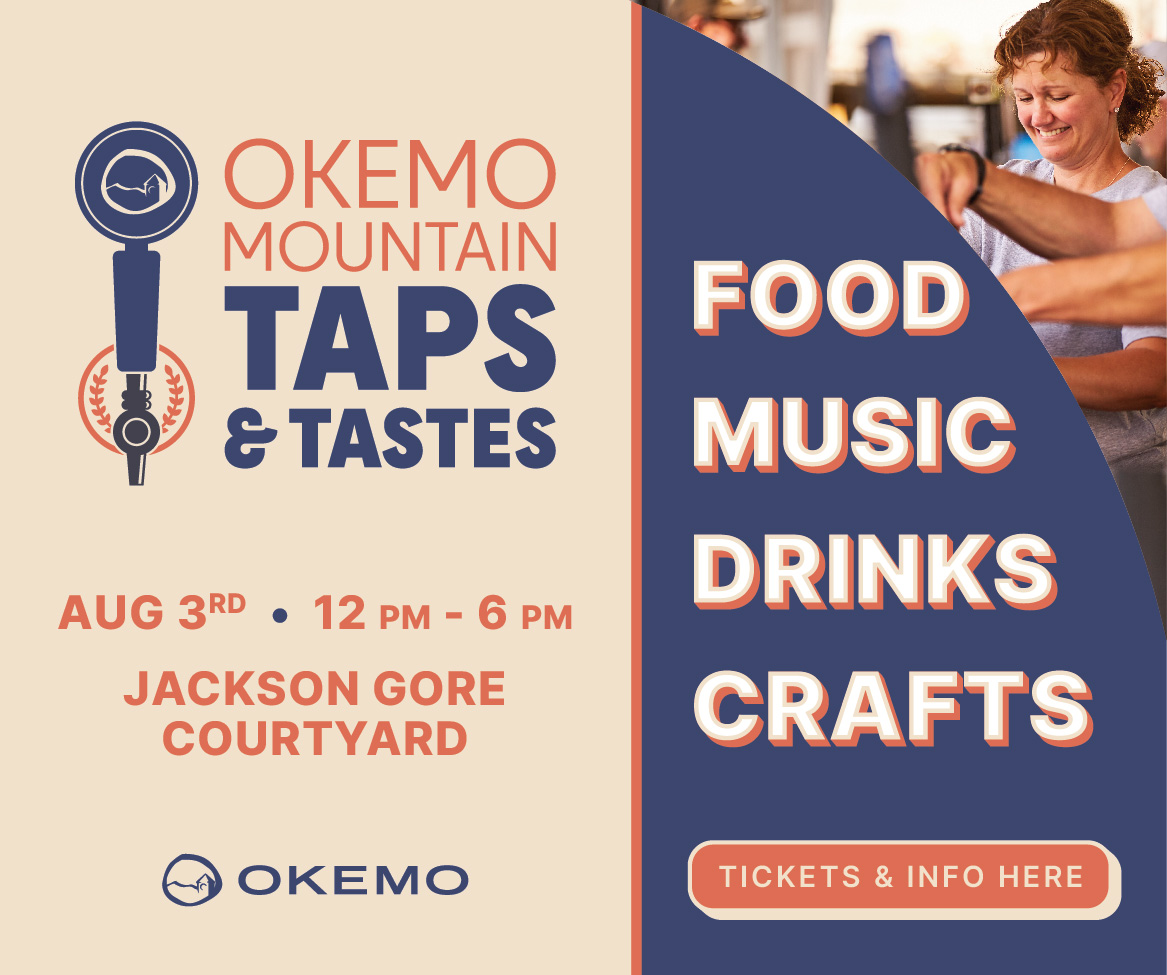By Laurie Cox
The summer I turned 13, a friend told me how she made a lot of money picking strawberries. It sounded like a relatively easy deal, so my sister and I decided to give it a try.
Lunch sacks in hand, we ferried to a nearby island and were loaded in the back of a large farm truck. A stern woman met us at the worksite, gave us our orders, and containers to pick into. We were each assigned a long row to pick. Good, ripe berries should go into the containers, but we were to remove all berries that were overripe or rotten and leave them in the dirt. As one of a string of hot days, many berries were past their prime — far more than the “good” ones for which we would get paid. We picked all morning and thought our rows were completed. No such luck. We were sent back to cull more “bad” berries we had missed. By lunchtime, we had not made much money.
Asking for a bathroom, we were directed to an outhouse at the corner of the field. I had much experience camping with my family while growing up, and was familiar with campground outhouses, often little shacks perched over a pit; inside would be a platform with one hole or two. They ranged from highly primitive to semi-spiffy, some even with a toilet seat on that hole! Over the years, my sisters and I developed a rating system for these “accommodations.” Let me say that the outhouse we found here would not have scored very well on our rating system.
Then we wanted to wash our hands. This seemed a highly unusual request, but the woman finally sent us on a trail to the migrant workers’ camp to find a sink. Apparently migrant workers were also picking, but in a different field.
We headed down the path and came to a packed dirt clearing with a few aging wooden structures. Along one outside wall was a long sink with cold water taps. What I noticed, though, were the young children, most not much older than toddlers — anyone bigger was probably out picking berries. Some of these very young children were playing around with hatchets that were there for splitting firewood. I felt I should report this, but realized there was no one to tell.
Before this, I had minimal awareness of migrant workers. I’m not sure who these workers were or where they came from; Mexican heritage, I thought. They might well have lived their whole lives as migrant laborers, often with little access to education nor power to better their working conditions. Certainly with little access to plumbing or to childcare.
The difficulty of the work I experienced there, the poor compensation and the callous disregard for the basic needs of the workers has remained with me to this day. More of us need to understand the existential challenge that migrant laborers in America, even in Vermont, face.
On a recent weekend I attended an event in Middlebury where women from Mexico and Central America put on a feast featuring their native foods for the local community. These women are, I believe, connected to the local population of migrant workers who provide much of the labor for our dairy farms as well as other agricultural enterprises. It was a wonderful event and crowds of local people turned out to support them.
Most Vermonters know where their food comes from. Even if you don’t grow your own vegetables, gather your own eggs, or milk your own cows, you are aware of your neighbors down the road carrying on that activity. Maybe you are not a pie baker, but you know about picking apples or gathering berries. We have the advantage over people whose urban life has cut them off from these experiences. This helps us better value the work that these laborers do, whether it be mucking out the barn, processing the poultry, or crouching in the hot sun while picking the berries and vegetables we all appreciate being able to buy and consume.
Many people come to our country to find a better life. Some are able to enter legally, but many slip in and are forced to live “in the shadows.” Many take the jobs and do the difficult work that others are not eager to do.
During the pandemic, there was much talk about essential workers. These immigrants, whether here legally or not, are essential to our food supply, to the luxury we enjoy of walking into a supermarket and finding what we want when we want it. They are essential to our economy.
There needs to be a way for us to welcome them here, however they got here, and to let them have a full and open life within our communities. It doesn’t need to be political. It can be as basic as one people offering acceptance to another, allowing them a place to have a home, raise a family. It can be about being humane, increasing our population, filling our schools, and recognizing that receiving these good people into our community makes good business sense. Really, it just makes sense.
Laurie Cox is a retired school counselor and longtime Ripton Select Board member.
This commentary was first published in the July 8 edition of the Addison Independent, a sister publication to the Mountain Times.



